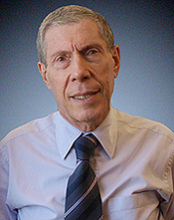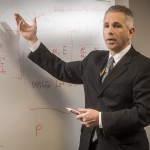

If you notice an obvious problem with a paper in your field, it should be relatively easy to alert the journal’s readers to the issue, right? Unfortunately, for a group of nutrition researchers led by David B. Allison at the University of Alabama at Birmingham, that is not their experience. Allison and his co-author Andrew Brown talked to us about a commentary they’ve published in today’s Nature, which describes the barriers they encountered to correcting the record.
Retraction Watch: You were focusing on your field (nutrition), and after finding dozens of “substantial or invalidating errors,” you had to stop writing letters to the authors or journals, simply because you didn’t have time to keep up with it all. Do you expect the same amount of significant errors are present in papers from other fields? Continue reading Want to correct the scientific literature? Good luck
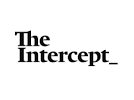
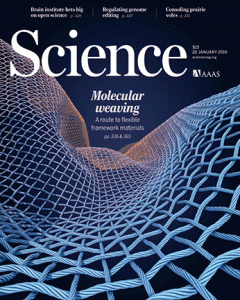



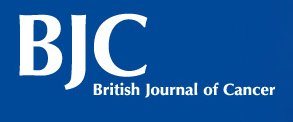
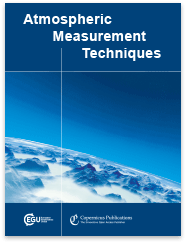 To climate scientist Pieter Tans, a “novel” air sampling device in a recent paper looked a little too familiar. Specifically, like a device that he had invented —
To climate scientist Pieter Tans, a “novel” air sampling device in a recent paper looked a little too familiar. Specifically, like a device that he had invented — 
